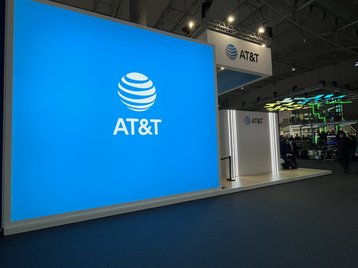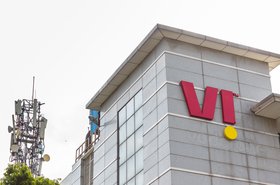AT&T increased its fiber subscriber base by 239,000 for the second quarter of 2024, as the carrier posted flat revenue figures.
The carrier noted that it was the 18th consecutive quarter that it added a net 200,000 fiber customers.
Total revenue for the second quarter hit $29.8 billion, which was down 0.4 percent on the $29.9bn a year earlier.
AT&T said this was down to lower business wireline service revenues and declines in mobility equipment revenues driven by lower sales volumes.
However, AT&T reported that its overall consumer broadband revenue hit $2.7bn for the quarter, up seven percent YoY.
“For the past four years, we’ve delivered consistent, positive results that have repositioned AT&T. Our solid performance this quarter demonstrates the durable benefits of our investment-led strategy,” said John Stankey, AT&T CEO.
“AT&T is leading the way in converged connectivity as customers increasingly seek one provider who can seamlessly connect them in their home, at work, and on the go. This is proving to be a winning strategy. Today, nearly four of every 10 AT&T Fiber households also choose AT&T wireless service."
Stankey added that the carrier will continue to build out its fiber network across the US.
The company has more than 8.5 million fiber customers.
Rival telco Verizon reported earlier this week that it increased its broadband subscription base, with 391,000 net additions, the company's eighth consecutive quarter with more than 375,000 broadband net additions.
AT&T noted that operating expenses had increased to $24bn from $23.5bn, primarily due to its Open RAN network modernization efforts. The carrier also put it down to restructuring costs and accelerated depreciation on wireless network equipment, as well as higher depreciation related to continued fiber and 5G investment.
For the quarter, AT&T said it added 419,000 postpaid phone customers.
The telco was also in the headlines this week following its outage in February. The Federal Communications Commission (FCC) investigation found that 92 million calls were blocked during a 12-hour period, including more than 25,000 calls to the emergency services.







